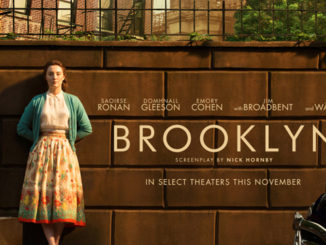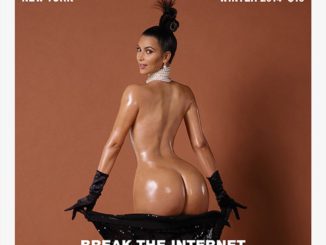
Ostensibly a remix rather than direct adaptation of Alan Moore’s iconic 1987 comic, HBO’s “Watchmen” offers a contemporary political perspective on one of the core texts of modern superhero fiction, introducing a largely new cast of characters into a universe that seems all too close to reality while humming with an air of the fantastical.
The series is only three episodes in at the time of writing, yet already it feels like the most sophisticated and surprising piece of comic-book filmmaking since Christopher Nolan’s “Dark Knight” movies.
Created by Damon Lindelof, the screenwriting riddler behind “Lost” and “The Leftovers” and one of the last truly imaginative storytellers working in mainstream Hollywood, “Watchmen” establishes an alternative present where nobody has a mobile phone or ever references the internet.
The show’s US President, Robert Redford, has introduced slave reparations for African-American descendants, police wear masks to remain anonymous but cannot access firearms except under special conditions, and an array of cartoonish vigilantes aid the authorities in crushing white supremacist terrorism.
Our entry point into this strange vision of America is Regina King’s Angela, a married mother in Tulsa, Oklahoma who operates under cover of darkness as violent vigilante Sister Night.
Angela is descended from victims of the 1921 “Black Wall Street Massacre” – a real Tulsa race riot that caused the murders of up to 300 black people and is one of the single darkest chapters in the history of American racial conflict.
The first episode of “Watchmen” opens on the day of that event, one of an assortment of historical elements Lindelof and his team of writers have drawn upon to build the rich tapestry of social context the show draws from.
Where the original comics touched on the Vietnam war and the atomic age via the character of Dr. Manhattan, Lindelof’s Watchmen is more concerned with the reemergence of white supremacy that has dominated the news over the past few years and reached a horrific new level with the 2017 killing of Heather Heyer in Charlottesville.
A sense of underlying dread runs throughout the early episodes as the “Seventh Kavalry [sic]”, appropriating both KKK imagery and Watchmen’s iconic Rorschach mask, demonstrate a series of attacks and are hunted by Angela and her fellow enforcers.
It’s refreshing to see a creator apply such urgent modern tonality to the concept of the comic-book hero: for all of the endless superhero movies that come and go every year, few make an effort to grapple with what heroism and “the battle of good versus evil” really mean in an American era of rising police brutality and hate crimes.
“Watchmen” does exactly this, posing a number of compelling questions while simultaneously satisfying the enormous audience nostalgia for the original brand: easter eggs and allusions to old characters feature aplenty.
At a time when so much Hollywood IP regurgitation treats the audience as stupid, Lindelof is making a show that demands the viewer to put down their phone and pay close attention. “Watchmen”. Watch closely.
Lucien Waugh-Daly
Image Credit: HBO



